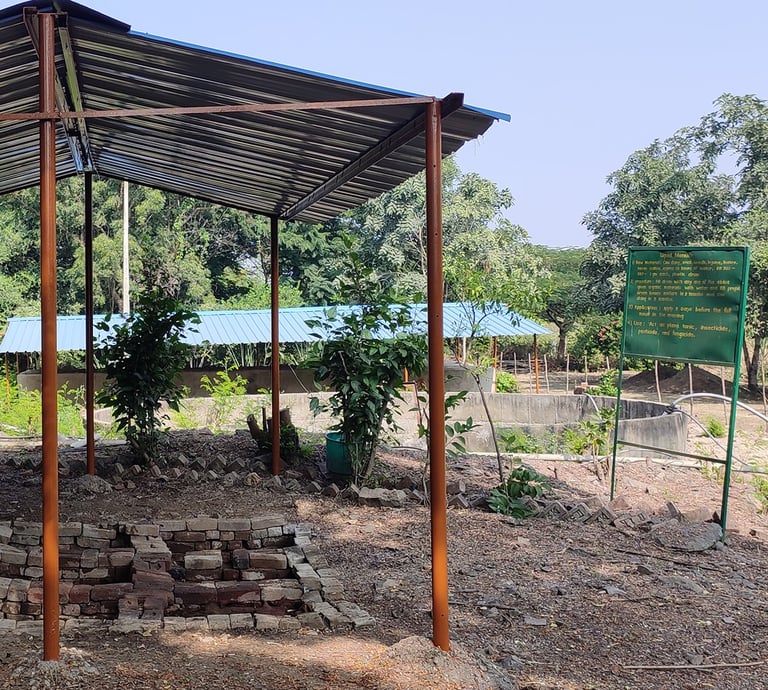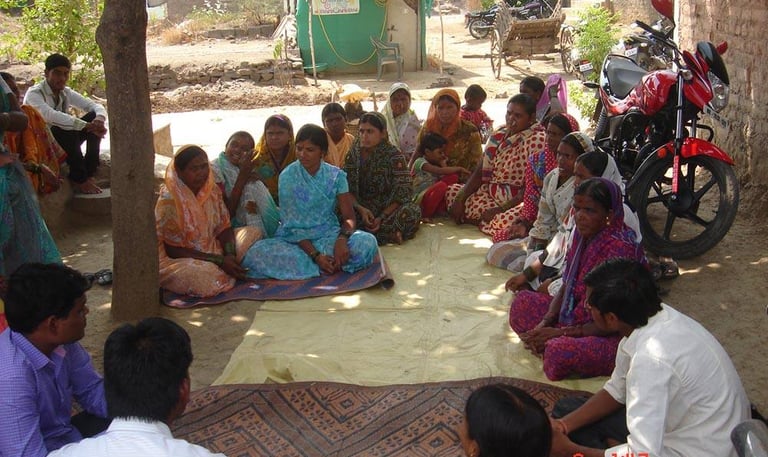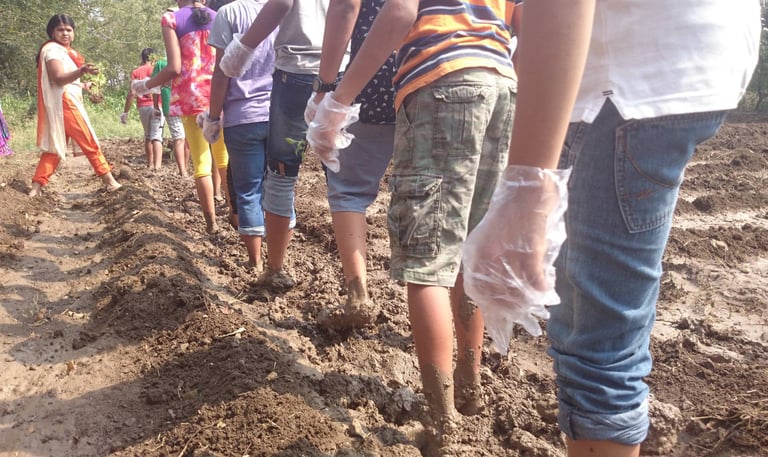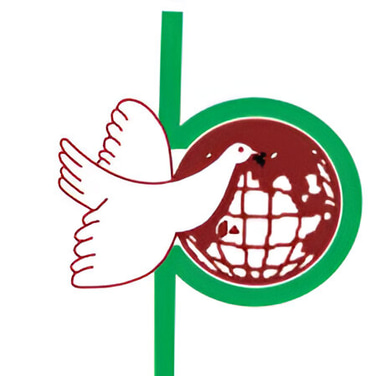Empowering Rural Communities Through Sustainable Development
IIRD empowers rural communities with sustainable development, creating micro-enterprises, restoring land, and training youth and women farmers across 20+ villages in India.


Transformative impact on rural lives.
Community Leader
"
Key Milestones
Since its inception in 1987, the Institute for Integrated Rural Development (IIRD) has grown from a grassroots initiative into a nationally recognized organization championing sustainable rural transformation. The following milestones capture the journey of IIRD through its phases of foundation, institutional growth, innovation, and large-scale impact across various domains livelihoods, education, women’s empowerment, agriculture, health, and governance.
Built the PEACE Hostel and Parrie Centre for Technology (PCT), offering vocational training in welding, tailoring, and motor rewinding.
Developed a model organic farm, joined IFOAM, and later became a member of IUCN.
Constructed 100 rural homes and rolled out environmental education programs in schools and communities.
Launched vocational training in carpentry (1989).
Initiated Jeevan Aadhar and Adopt a Granny programmes (1991), along with the PEACE programme for women’s education and empowerment.
Formed women’s Self-Help Groups (SHGs) and began savings initiatives (1992).
Expanded to 72 villages with a dedicated team of 40 staff by 1995.
1996–2005: Institutional Growth and National Recognition
1987–1995: Foundation and Expansion
Empowering Communities
We create sustainable micro-enterprises and promote organic farming practices.


Community Health Initiatives
Our health education programs and village clinics improve access to healthcare for rural populations, ensuring better health outcomes and empowering communities through knowledge and resources.


Sustainable Agriculture
We train youth and women farmers in organic farming techniques, enhancing food security and promoting environmental sustainability while restoring land and increasing agricultural productivity in rural areas.
